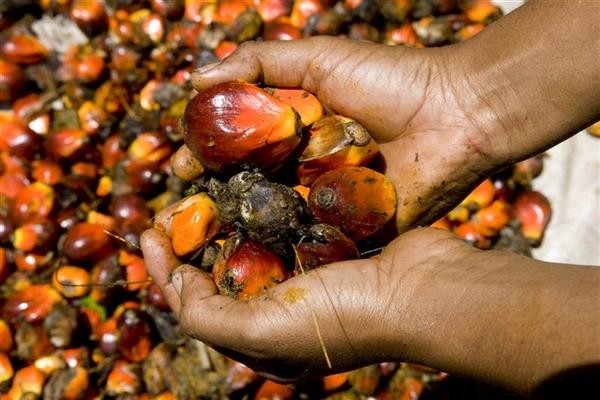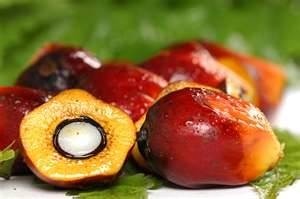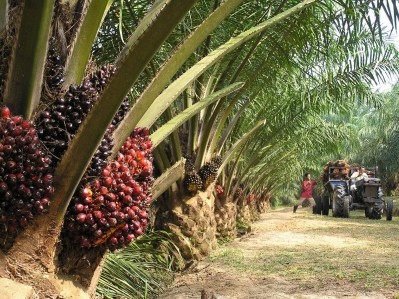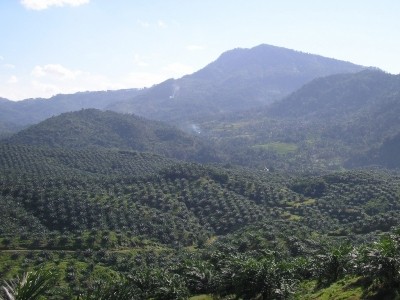Palm oil-free may be emerging trend

Tate & Lyle Food Systems announced in June the launch of Hamulsion stabiliser systems using emulsifiers not based on palm oil for dairy cream toppings, creamy soups and sauces. And Sensient Food Colours Europe has just launched a range of colours without palm oil.
Miranda Dickinson of market research firm RTS Resource, told FoodNavigator: “Much has been written in recent months about the need for sustainable palm oil. Sunflower crops are seen as being a viable alternative, as are rape crops and there appears to be a slight shift emerging towards alternative crop solutions (mostly at present concerning sources of non-saturated fats). As pressure grows both within the industry and outside from consumers, I wonder if more ingredient companies will follow suit?"
Companies could be responding to the strong consumer awareness of the ecological impact of standard palm oil cultivation, she added. This had been fuelled by initiatives such as Greenpeace’s notorious campaign against Nestle’s use of palm oil in its KitKat brand. "If food manufacturers are looking to increase reasons for consumers to buy their products, the possibility of adding a 'palm oil free' label might be an added purchase motivator when manufacturers are sourcing ingredients."
She also pointed to the call to cut trans fats and the demand from the industry for products that offered multiple benefits, such as health, ‘all natural’ and environmental claims.
Front of pack claims
David Jago, director of innovation and insight at Mintel Group, said there had been 72 new products in Europe bearing prominent front of pack ‘no palm oil’ claims in 2011, versus 16 in 2010. A total of 66 new products bearing such a claim had been launched in the first half of 2012, although he cautioned: “But bear in mind that 66 introductions in 2012 represents just 0.2% of all NPD (new product development).”
More than half of the launches in 2012 had been in the bakery sector, and France alone accounted for 80% of the activity. Jacquet and San Michel were the most active companies in the country in terms of their use of the claim, he said.
Other active companies included Findus, with products such as its Lasagne Bolognese, and PepsiCo’s snack division, with products such as its Lay’s Saveur Moutarde Pickles crisps.
Not so evident in the US
Tom Vierhile, innovation insights director at Datamonitor, said the trend was not so evident in the US. Trans-fat reduction had been tackled in the region, he told FoodNavigator, but he believed US consumers did not grasp the difference between palm and other fats and oils.
He added: “Sustainability [in terms of food] may be trending with the natural products people, but the US public isn’t even close to understanding what that’s about.”

























